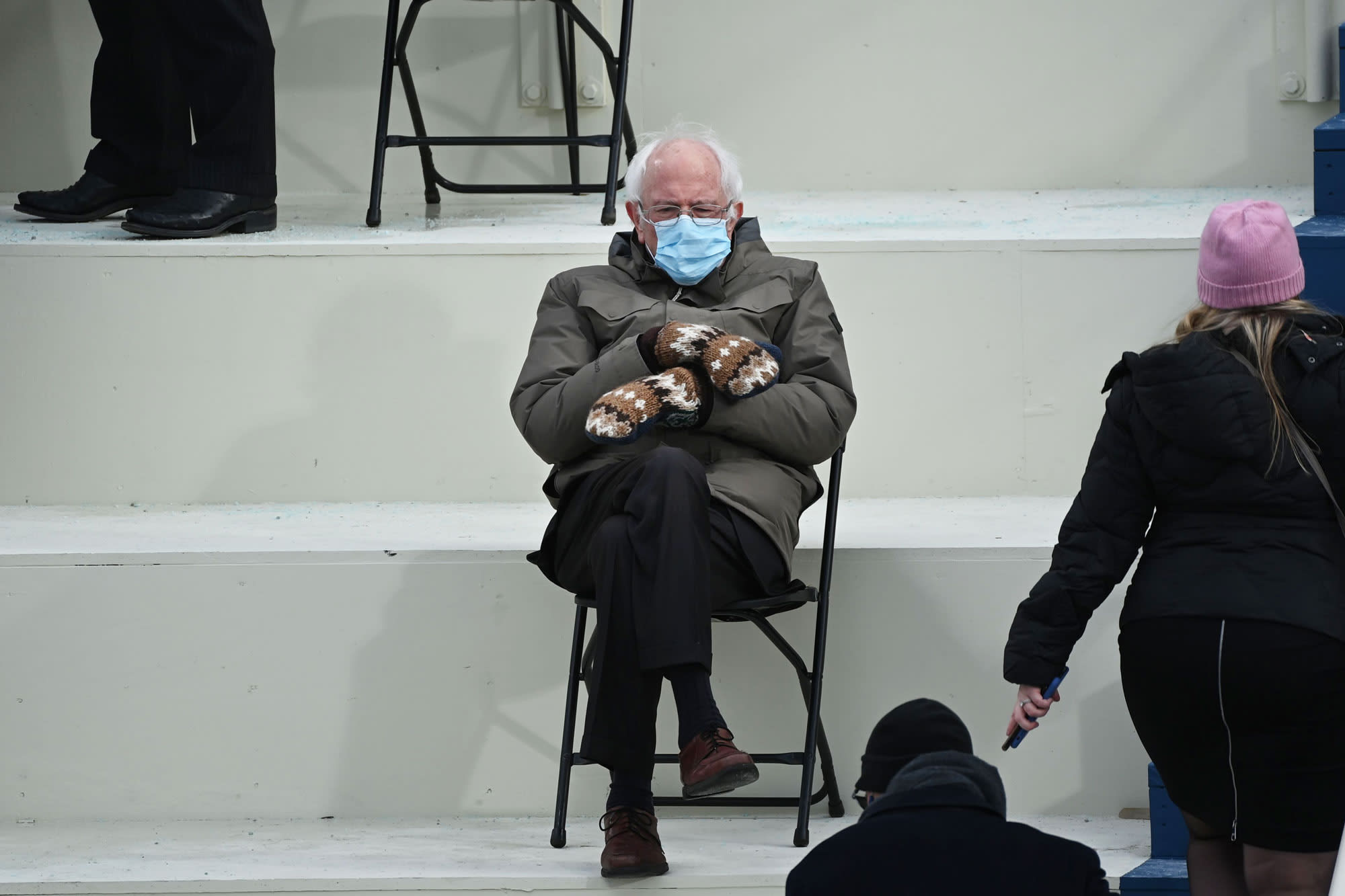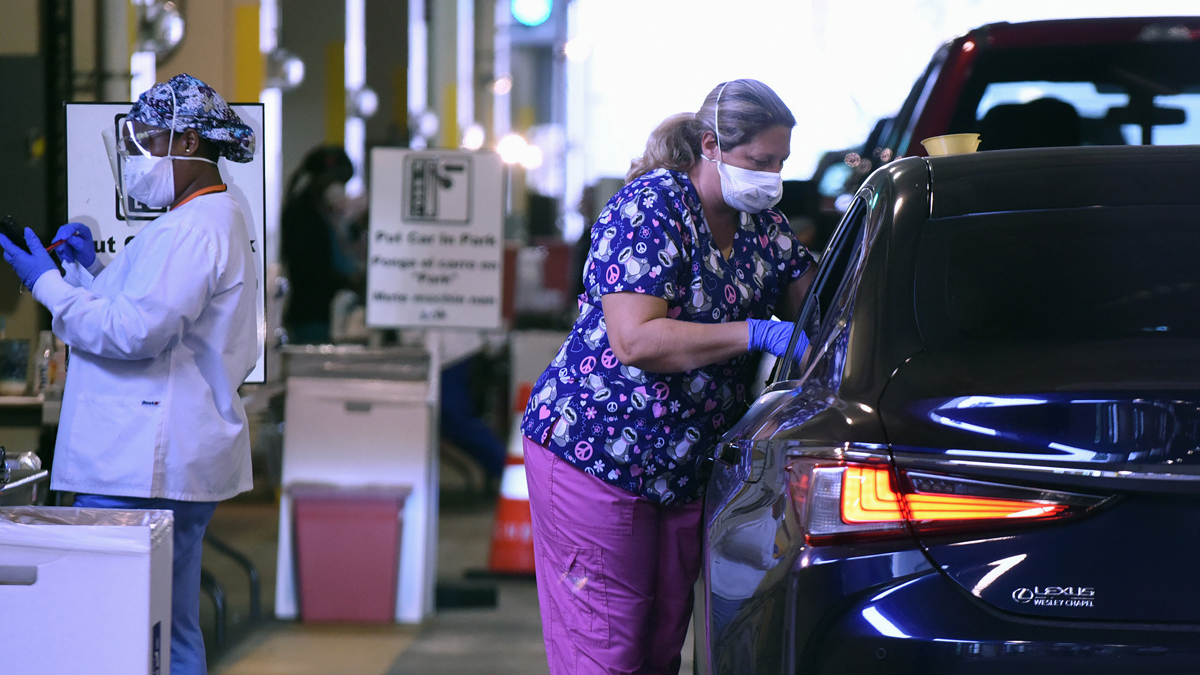The Miami Heat will return to the court next week on Wednesday, and on Thursday, fans are expected to return to the arena for the first time since the pandemic. Coronavirus-sniffing dogs will be there to help detect whether anyone is infected.
NBC 6 anchor Sheli Muñiz spoke to Florida International University's Provost and Executive Vice President Kenneth Furton about FIU's task force to train Covid-detecting dogs.
The following interview has been lightly edited for brevity and clarity.
LATEST
SHELI: How can these dogs identify Covid-19?
DR. FURTON: All detector dogs are trained to detect the odor of whatever they are alerting to. We're familiar with explosive detection canines, drug dogs and so forth, and in this case, the dogs are trained on the odor of the virus, or the metabolic changes of a person that produce an odor that they can be trained to alert to.
SHELI: How long does the training take, and what's the process like?
DR. FURTON: If you have a brand new dog, a green dog, it could take several months to actually get them up to procedures in terms of doing the searches and so forth. If you take a dog that has already been trained, for example, we had dogs trained on avocado laurel wilt, the disease that was killing avocado trees, and we re-trained them on Covid-19. Really, in a matter of days they can pick up the odor.
SHELI: You partnered with Baptist Hospital, who provided PPE that had been exposed to the virus. Is it safe for the dogs to work with this PPE?
DR. Furton: We radiate those masks with an ultraviolet light, UVC, so there is no live virus. The odor remains, and therefore the PPE is safe to use as a training aid.
SHELI: What do you think this could mean for coronavirus safety looking forward?
DR. FURTON: I think it can provide an extra layer of protection, particularly for wide areas, because even though there is a lot of excitement with the vaccine, it's going to take a while for all of us to get vaccinated.



